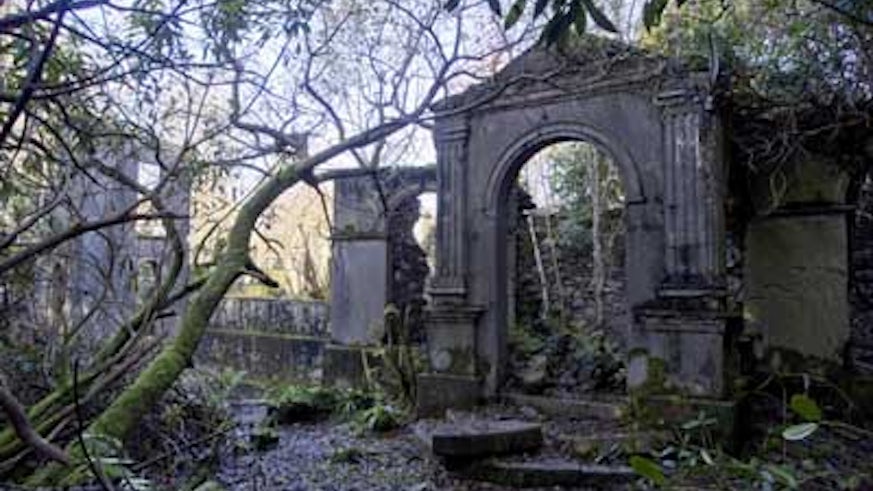Lost royal deer park discovered
31 July 2013

A royal 13th century deer park has been identified at Brynkir in Gwynedd, North Wales, following a season of excavations led by Cardiff University.
Likely constructed under the reign of Llywelyn the Great who brought unity to Wales in his time, the discovery was made during the 2012 excavation season by a member of the team from Manchester Metropolitan University. The royal deer park dates pre 1230 when Llywelyn moved his regional centre elsewhere to Criccieth.
Now, eight Cardiff University archaeology students are helping uncover more of the history of Brynkir in a follow-up excavation directed by Cardiff postgraduate researcher Mark Baker who's joint History and Architecture PhD is funded by the Society of Architectural Historians of Great Britain.
"The importance of Brynkir has been re-emphasized by the work undertaken by the University. The former royal deer park of the native Welsh Princes, set within a far larger landscape designed for hunting and other sports, illustrates how much there is still to learn about the lives of the Princes," said Mark.
"Identifying deer parks in a Royal Welsh context helps reinforce the European dimension to studies of Medieval Wales. With the aid of the Welsh Historic Garden Trust's Gwynedd Branch, a geophysical survey will aim to record the medieval gardens of the later manor house, which was owned by the descendants of Owain Gwynedd and which overlaid the earlier deer park," he added.
Three pieces of evidence alerted archaeologists to this lost park: the shape of the enclosures -oval with a smaller area thought to be used for seasonal culling of the herd; the name Brynkir itself - meaning 'Hill of the Deer' in Welsh; and finds of banks and ditches in this area.
In the final week of the project an open day will give the public a chance to see up-close the finds and find out more about the latest discoveries. The excavation starts on 5th August and the Brynkir 2013 open day takes place on Friday 30th August [11am - 4pm]. The excavation is supported by Snowdonia National Park Authority and the charity Love My Wales.